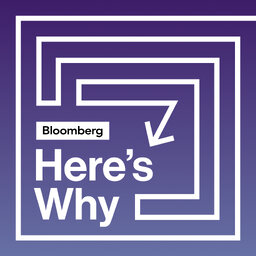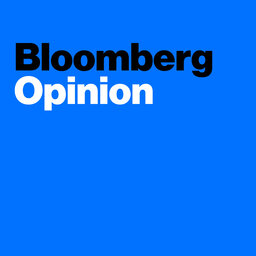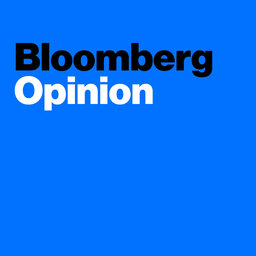Dollar Strength; Global Pain
This week we examine how dollar strength is intertwined with pain for developing nations. Sri Lanka is serving as a warning to investors with nearly two dozen countries currently staring at default. Europe, too, faces tough choices as Russia closes the energy spigots. We speak with Liam Denning, Ruth Pollard and Stephen Mihm.
In 1 playlist(s)
Bloomberg Opinion
Deeper conversations on the week's most significant developments. Tune in and join in!Social links
Follow podcast
Recent clips

Introducing 'Here's Why' - Complex News Stories Explained
00:30

Airline Mergers and Restaurant Loyalty
35:20

Fossil Fuel Use and Drug Development
35:28
 Bloomberg Opinion
Bloomberg Opinion